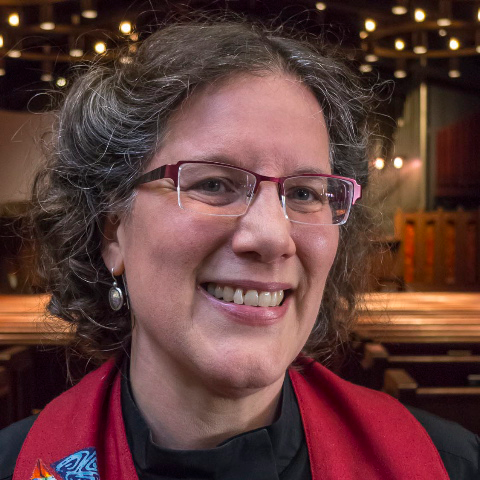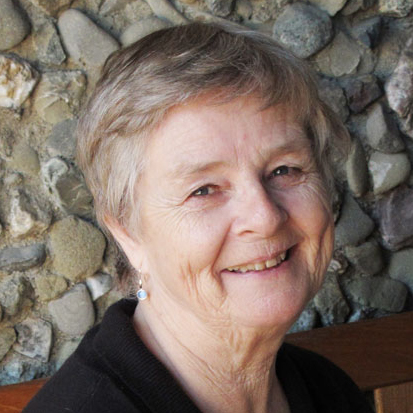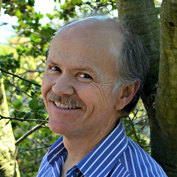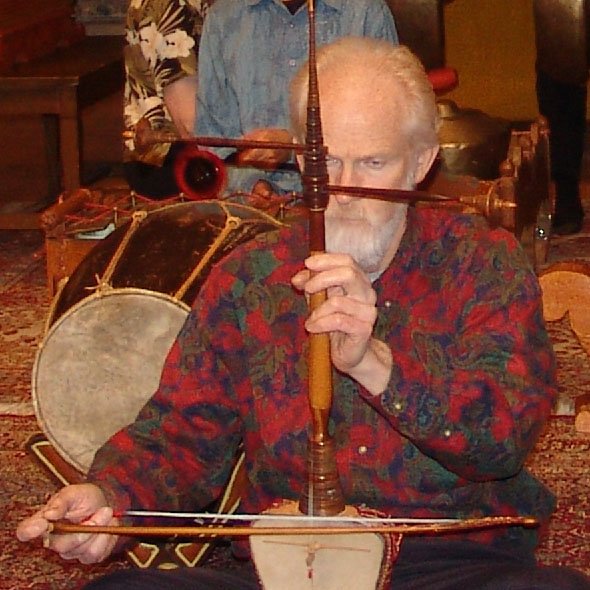News Bulletins
Board of Trustees Message: Summary of our Zoom Ministerial Transition Workshop, 4/22/20
Hello dear UUCB members,
I am one of your elected Board members. And I’m happy to send you this summary of our congregation’s Zoom Ministerial Transition Workshop this past Sunday, 4/19, with Rev. Jonipher Kwong and Sarah Gibb Millspaugh of the Professional Life Staff of the UUA Pacific Western Region.
The purpose of the meeting was to get information and guidelines for our congregation as we enter this transitional time—a liminal time, Jonipher and Sarah noted—saying our good-byes to Revs. Kristin and Christian and choosing our transitional ministerial direction.
Attended by 81 congregant households, this very well-organized meeting included excellent presentations by Jonipher and Sarah; break out, small group discussions; and a Q & A and straw poll. Attendees sent comments and questions throughout the time.
The presenters laid out these spiritual tasks for our consideration—
staying grounded during this journey and being gentle with ourselves and one another. We are one UUCB family.
creating a good ending as we say goodbye, acknowledging the progress, innovations, gifts and accomplishments that Kristin and Christian have given to our church, while also acknowledging our grief. Endings evoke ambivalent feelings.
embracing uncertainty—something UU’s are good at.
being willing to learn from our experiences and embrace the new.
For transition ministry, the presenters discussed four options, noting their pros and cons (**see end of this summary for details**)—
Lay-led
Interim
Developmental
Consulting/Contract
Meeting attendees were asked—“Which of these transitional ministry options do you think would help UUCB move its mission forward? (Multiple Choice).” Based on 69 votes, the straw poll results were—
Lay-led 3% (2/69)
Interim Minister, then Settled Minister 67% (46/69)
Interim Minister, then Developmental Minister 33% (23/69)
Consulting/Contract Minister 6% (4/69)
These straw poll numbers give us trends, but do not constitute a final decision, which will be made by the Board-appointed Interim Ministry Committee and the Board.We will continue to update the congregation as we move along and through this liminal time—and always as a Beloved Community.
In deep gratitude and love,
Helen Tinsley-Jones
Member, UUCB Board of Trustees
***PLEASE NOTE***
The following document from Presenters Rev. Jonipher and Sarah was sent to UUCB to more fully explain our options.
Different Kinds of Ministry
Exclusively Lay-Led:
Some very small congregations have no professional ministry, though they may occasionally hire a minister to speak on a given Sunday or teach a class. This is typically not recommended for congregations over 40 in membership. Another consideration is volunteer capacity, especially with congregations that have an older
demographic. Please note that even in congregations with professional ministers, lay leadership still has a vital role to play in the life of the congregation.
Interim Ministry:
An interim minister serves a congregation for one or two years after their minister leaves and while they are in search for a new settled/called minister. The role of the interim is to help the congregation use the time between ministers to change old habits. They help bring in the new minister in a way that allows a fresh new approach as well as an acknowledgment of the grief that many may feel at the leaving of a beloved pastor. Many interim ministers are specially trained and certified for this work. Congregations seeking an interim need to apply through the UUA Transition office. Generally the UUA will send the board a few names for consideration and the board hires the interim from those ministers offered. Under no circumstances can an interim apply to be the called minister.
Called or Settled Ministry:
The congregation goes through a yearlong process with a search committee to find a minister who will covenant with them for long-term service. The offer of a position is made after a vote of the membership to call this minister to serve this congregation. Called ministry is usually full time, but it is not required that it be full time. The FTE (Full Time Equivalent) does need to be adequate to meet the needs of the congregation. In a search that is 3/4 time or more, the regional transition program will assign a trained Regional Transition Coach to aid in the search. There is a fee for this required
coaching service. Open positions are posted in the UUA Transitions system online. Churches and ministers follow the procedure outlined in the UUA Transition Ministry Handbook, found at https://www.uua.org/sites/live-
Contracted/Consulting Ministry:
Contracted/Consulting ministers are most common in part time ministry positions, but can be full time. The board hires the minister. A small search committee is formed to sort through applications, often made of a few board members. Sometimes, the congregation will vote to affirm the board’s choice at the time of hire. There is an employment contract that is reviewed on a yearly basis (each spring), and renewed if both the board and minister want to continue the relationship. In contracted ministry searches, the regional primary contact coaches the congregation in the search process. Open positions are posted in the UUA Transition system online, but the Primary Contact may also reach out to ministers who might be interested in applying. Note that ministerial candidates such as divinity students with permission to work in a congregation can only serve one year unless there’s approval from the Credentialing Office/MFC and Primary Contact to extend the contract beforehand.
Developmental Ministry:
Developmental Ministry is a special program for congregations who seek to make major cultural shifts in order to enhance the health of the congregation. It is a unique contracted ministry that is time limited, usually five to seven years in length. There is no option to call the minister after the contract is fulfilled. If a congregation is interested in making big changes, and everyone is on board with the developmental goals, the board fills out an application for developmental ministry. The application is reviewed by the UUA Transition office and the Pacific Western Region (PWR) Congregational Life Staff. The application will list, among other things, some of the changes they want to make. If the church is accepted into the Developmental Ministry program, their Primary Contact will work with them to establish a small search committee from the board. The position will be posted on the UUA Transitions System. The UUA and PWR staff will select a few of the applicants who they feel are right for the job and give their materials to the search committee. They will interview these pre-candidates and will recommend one for hire. The Developmental Minister is hired by the board as it is a special kind of contract ministry. No interim minister is usually needed after a Developmental Minister and a congregation can go directly into a new called position.



















